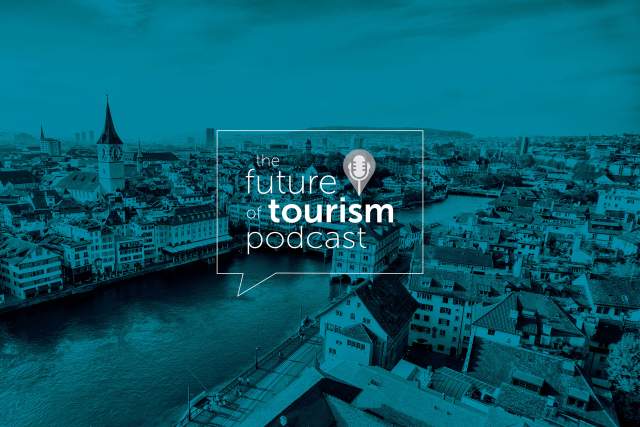Behavioral optimization in tourism may not be a familiar term, but it’s definitely happening. For over two decades, psychologists, sociologists, researchers, academics, and strategists worldwide have been actively exploring ways to influence and shift human behavior within the tourism industry.
At its core, behavioral optimization involves harnessing the patterns of human behavior to drive meaningful changes. This approach can potentially address complex and large-scale challenges, such as reducing the environmental impact of the tourism economy on a destination, eliminating single-use plastics from the tourism system, and facilitating the transition to a new destination design that is COVID-19-safe and prioritizes human well-being.
Milena Nikolova, Ph.D., is the chief behavior officer at BehaviorSMART, based out of Sofia, Bulgaria. She and her team of experts leverage their knowledge in tourism, sustainability, data analysis, and economic and behavioral sciences to provide innovative solutions to the travel sector’s most pressing issue — supporting global sustainable development.
Their projects range from small-scale, small-enterprise sustainability improvements to nationwide initiatives aimed at regenerative tourism. Here’s the point — it works. Their strategies have proven effective in achieving meaningful change.
While some behaviors targeted for optimization are apparent, like using messaging to reduce hotel linen use, others are less obvious, such as minimizing food waste through portion control strategies during meal preparation and service. Human behavioral science plays a pervasive role in these efforts, often without individuals realizing it.
It's crucial to understand that simply providing information to people is often insufficient to prompt desired behavioral changes. Numerous factors influence our decisions, and we operate with a dual decision-making system, some choices being quick and instinctual, while others are more deliberate and contemplative. The context in which decisions are made holds significant sway over our behavior.
Fortunately, advances in understanding these factors and their influence on behavior have expanded our ability to shape and optimize behavior effectively. In essence, behavioral optimization in tourism is a powerful tool that draws on a rich tapestry of insights from behavioral science to create more sustainable and responsible tourism practices.
And we have people like Nikolova to thank for it.
Stay Up To Date On Industry Trends
Subscribe to the Simpleview newsletter to get the latest blog posts delivered straight to your inbox.
Sign up
